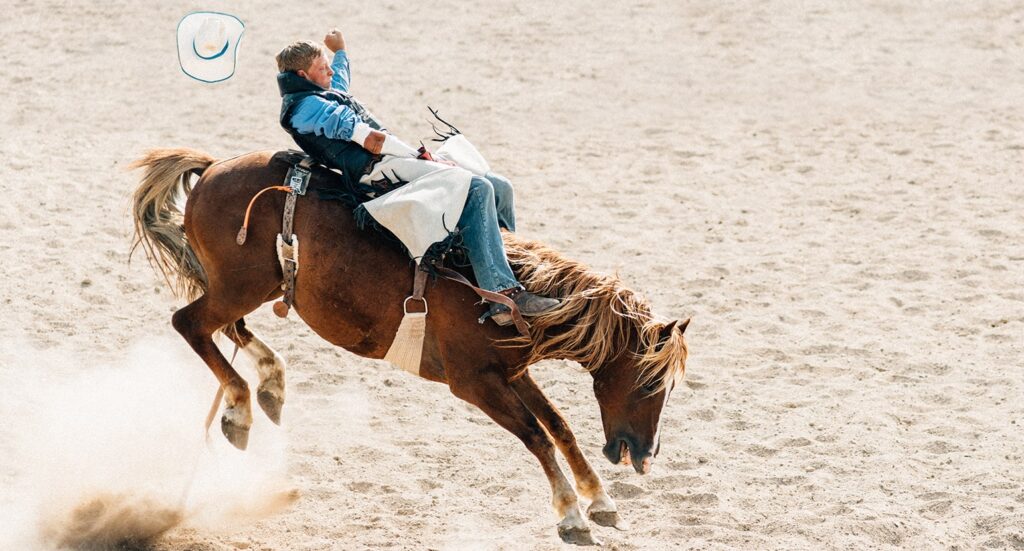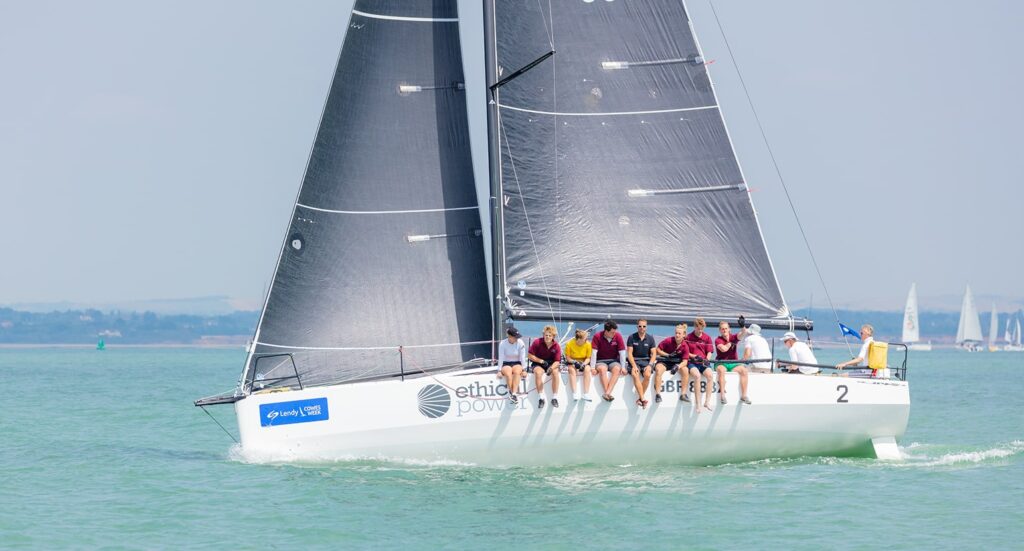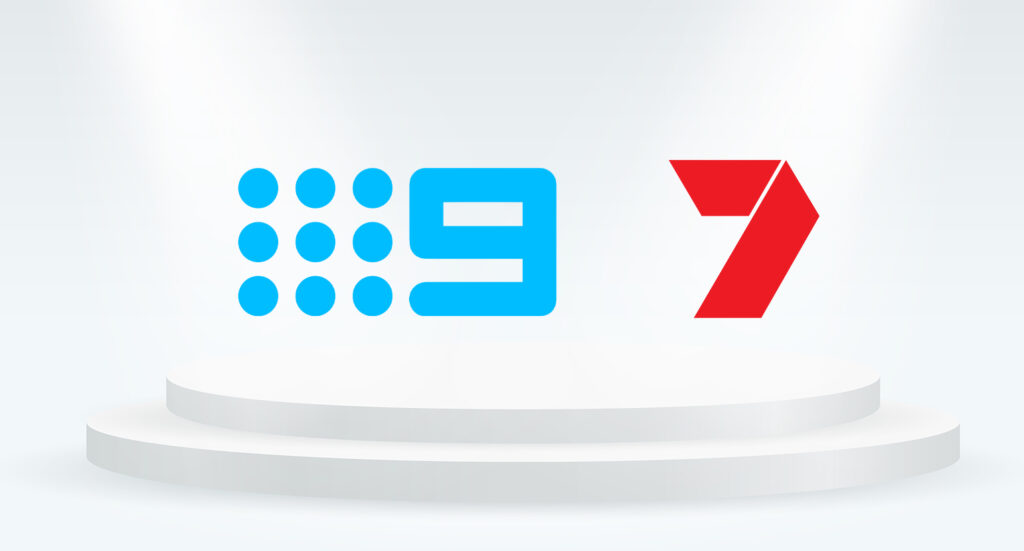The move by seasoned retailer Brett Blundy to takeover discount fashion retail Best & Less (B&L) resulted in plenty of headlines for the reason that the bid was lower than what the company’s shares were trading at.
The fact that the board accepted the lowball offer had many questioning what Blundy and Ray Itaoui have in store for the brand.
Would they be looking to reposition it to appeal to a younger audience?
Back in 2016, the brand was focused on a specific customer persona called “Aspirational Amy”. Value-oriented but unwilling to trade quality for price, the group’s former CEO said Amy, “didn’t have a lot of interest in fashion for herself but for her children”.
Plans to proceed with the appointment of Erica Berchtold, soon-to-be CEO of B&L Group, and current CEO of The Iconic, suggest that widening the brand’s appeal and meeting the value aspirations of a broader group must be on the cards.
But given the economic headwinds for middle Australian consumers, you could argue every retailer has the same objective right now, especially those selling apparel.
In simple terms, B&L is going to be chasing Kmart Australia and, to a lesser extent, Target Australia.
B&L comes to the table with 245 stores, a strong online presence and more than 1.5 million loyalty club members. Meanwhile, Kmart has 300 stores, an even stronger online offering and a whopping 8.6 million Flybuys members to capitalise on. Target sits behind the pair with just 124 stores.
So how could B&L make a play for the bigger slice of the pie?
Pricing, branding and product
Right now, B&L has high-low pricing – a pricing strategy that relies on sale promotions – versus Kmart’s everyday low prices. This is an interesting one in the current climate. If they continue with serious ‘percentage off’ offers, B&L could actually generate the perception of delivering better value in the here and now (short term).
Each has a very different delivery of ‘style’.
Kmart presents as lively and fresh using a brighter, lighter colour palette and art direction approach, versus B&L which has a harsher and perhaps more aggressive look and feel with heavier block colours and fonts.
You could say B&L is a bit of a daggy brand but much like JB Hi-Fi with their handwritten signs, by design, this projects a value story.
On the flip side, I’d argue Kmart’s approach delivers more aspiration. So while a rebrand might be on the cards for B&L, balancing value and aspiration will be key. A different colour palette would certainly serve the dual purpose of projecting a fun persona and attracting younger consumers.
Product-wise, Kmart has a greater number of ranges to engage in the style aspirations of middle Australia compared to B&L – think more homewares, pets, appliances – as well as apparel and accessories. While this may give them a greater chance of making a mistake somewhere in the offer, it does pose the question of why visit another retailer with a narrower range. You wouldn’t unless the aspiration being delivered was better for the same price. And that’s the nub of the challenge.
Could B&L look to expand its ranges to better compete? Possibly. It’s presumably working for Bunnings with its new pet care range. We’ll know for sure when reporting season rolls around in August.
The non-negotiables
Regardless of which road Blundy and Itaoui go down, there are a few non-negotiables. To make their mark, they will need to be better executers – better fast followers, better trend readers. Better at acquiring and curating ranges and better at sourcing and managing the supply chain. And they will need to do better at telling people what the new Best & Less is all about.
The board’s acceptance of the bid would no doubt be driven by a dip in reported earnings with B&L total revenue of $324m for the six months to January 1. For the same period, Kmart Group, which includes Target and Catch.com.au, brought home $5.7 billion. It’s a real David and Goliath opportunity – sometimes the smaller nimble player can win against the odds.
B&L has been working on changing tack with a serious transformation plan including a new executive team, new CEO and a new merch strategy. It’s a transformation that’s only halfway through.
If I was a cynical bloke, I’d say Blundy has waited for the business to fund the heavy lifting. He’s now swooping in to capitalise and take advantage of his highly tuned and instinctive execution skills.
At the end of the day, there will always be an objective to deliver a level of aspiration to a budget-conscious consumer. It’s definitely not unique for these guys.
Still, it’s going to be bloody fascinating to see how they go about pulling it off.




